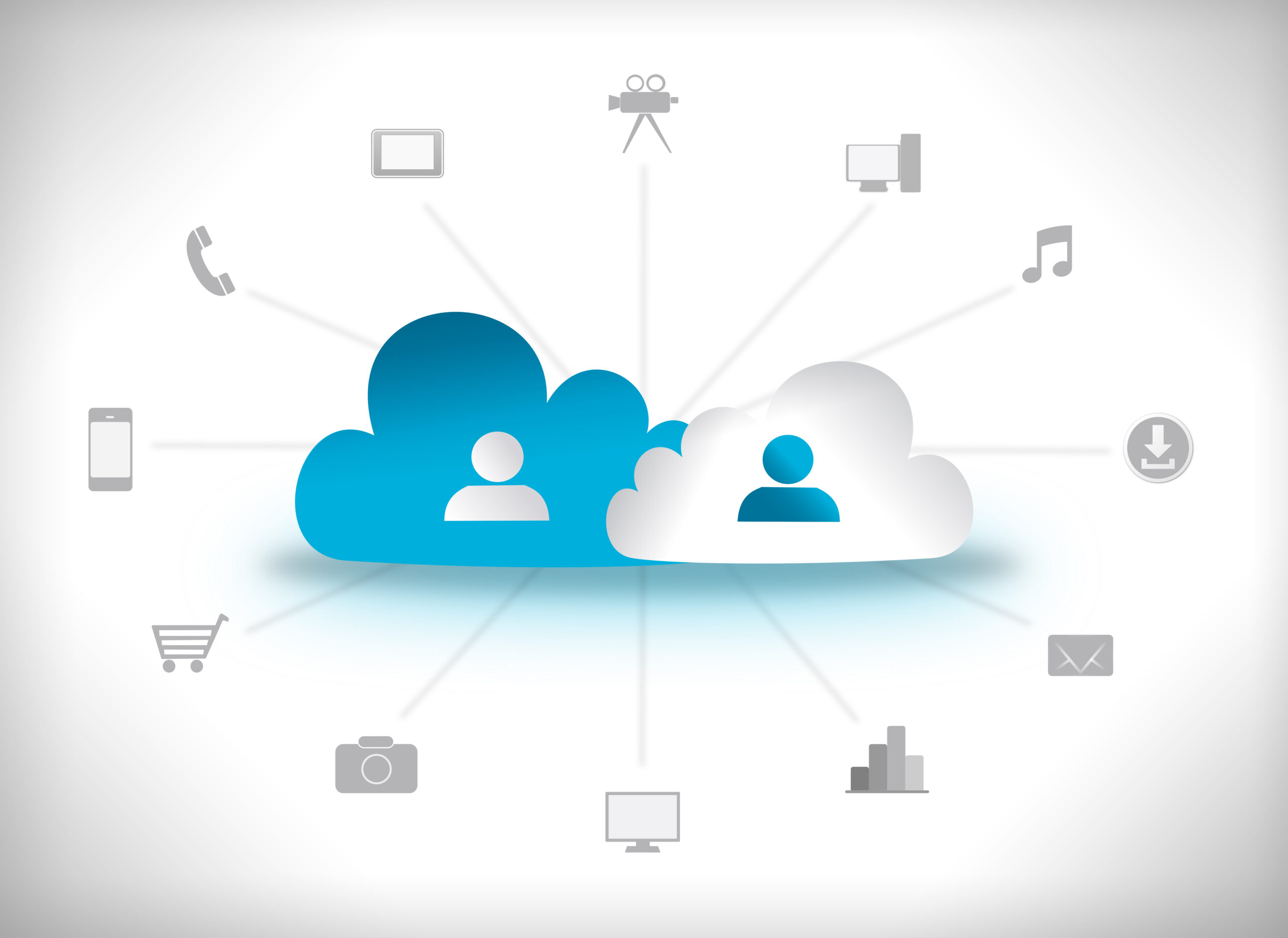How can Accounting Firms Leverage cloud-based Invoicing Software?

For accounting firms, automating invoicing is a good practice. Cloud-based invoicing software simplifies bookkeeping and accounting workflows and makes it easier for partners to collaborate with clients. It opens the door to automation through custom tasks or scripts. This post will explore how cloud-based invoicing software can save you time and money!
Cloud-based invoicing software means businesses of all sizes can invoice clients, regardless of size. This is important in revenue generation, as the best customers will want to be invoiced quickly. Firms must stay on top of their accounting duties to avoid fines and penalties. Keeping track of time spent and priorities is crucial in cost control and compliance.
Cloud-based invoicing software automates much of the time-consuming work associated with billing by automatically adding and calculating charges, sending invoices, processing payments, and generating reports. This means less time spent on manual data entry and more time spent on activities that will add value to your customers.
What is cloud-based Invoicing Software?
A cloud-based invoice is a form of invoice delivered to the customer via email. The company may set up a subscription for its customers, where all invoices are automatically sent and managed through an online system such as Dropbox or Google Drive.
The main benefit of this invoicing is that the company will no longer need to print out and mail paper copies of the invoice or worry about their storage space. Instead, everything can be managed through their cloud storage account and easily accessed by any employee within the organization at any time. Also, it is a more environmentally friendly alternative than printing and mailing invoices.
Another benefit of this automated invoicing is that the company can include attachments to the invoice. This can consist of a scanned copy of the original receipt, customized logos, graphics, or anything else that may be relevant to the customer.
How is cloud-based invoicing different from traditional Invoicing?
The main difference between cloud-based invoices and conventional invoicing lies in security, access, and the management of the forms. A cloud-based invoice is stored in a secure, central location on the company’s cloud storage account. There are even security features that can prevent employees from making any changes to the invoice before it is sent out.
The other big difference has to do with access. In a traditional system, one person may be responsible for sending out all invoices or sending them out to customers who still need to pay on time. If any changes need to be made to this process, that responsibility lies solely with that one employee by taking time away from their current workload.
How do accounting firms use cloud-based invoicing?

Accounting firms benefit from cloud-based invoicing via streamlining and cost reduction. With the rapid rise of technology, the accounting industry has had to adjust its pricing structure accordingly, such as subscription and unbundling charges. Juntrax introduced cloud-based invoicing, allowing a company to view its general ledger information in real-time or as needed for a specific purpose. Cloud-based invoicing has been touted to benefit all firms by increasing profitability and efficiencies.
One may wonder how this affects the company’s financial performance on a day-to-day basis. The answer is simple: cloud accounting simplifies daily operations and reduces the required time and level of human involvement. Additionally, it becomes easier to transfer data from one firm to another. In the spirit of this benefit, a firm can provide better reports to its clients since the data are more accessible.
The information provided by cloud accounting can be used when legal expenses are being paid out. Often, billing disputes occur between an accountant and a client as they might feel their invoices need to be properly calculated. The auditor’s ability to calculate with certainty would help in triggering legal actions and filing financial reports that comply with regulations set by regulatory authorities like banks.
Accounting firms benefit from the cloud by increasing the value of their services. The digitalization of accounting has made it easier for clients to access their financial reports and reports about their businesses. They are more likely to receive these digital versions of these reports by visiting a website rather than physically going to an office or a location. Since there has been a reduction in the amount of time required for data entry, there has been an increase in the number of companies that can quickly and efficiently receive financial statements that are ready on demand.
Benefits of cloud-based invoicing for Accounting firms
More and more businesses have started using cloud accounting software to streamline their accounting practices. The cloud helps improve the efficiency of your business by eliminating the hassle and cost of traditional on-premise software. Many customers now realize that cloud invoicing can save money, simplify billing, and reduce errors with consistent payments worldwide. With Cloud Invoicing for Accounting Firms, businesses can enjoy increased customer satisfaction from better customer service response times.
Improved customer service
- Cloud Invoicing for Accounting Firms means the services are built upon a durable platform that can survive any fall. With cloud invoicing software for accounting firms, there is no risk or fear of data loss.
- Cloud Invoicing for Accounting Firms means you can focus on your customers and services by eliminating IT and help desk staff costs.
- Cloud Invoicing for Accounting Firms allows you to respond to customer requests faster. There is no longer a wait time between making a payment request and getting it processed due to IT downtime caused by user downtime.
- Cloud Invoicing for Accounting Firms means you control your IT bill. You can reduce overheads and pass the savings on to your customers.
- With faster payment times, less time is spent on tedious paperwork during tax season.
Reduced overhead
- Cloud Invoicing for Accounting Firms means fewer IT support, billing, and customer service costs due to reduced overhead.
- Cloud Invoicing for Accounting Firms provides a consistent bill structure that saves you and your customers time.
- With cloud invoicing software for accounting firms, management can analyze data, and employees can access real-time data anytime.
- With cloud invoicing, you control your bills and can make changes when needed to cut costs even more.
Consistency from anywhere in the world
- Cloud Invoicing for Accounting Firms means no matter where the customer is, they can make their payments at any given time of day, whether it’s 4 a.m. or 4 p.m. Customer service is also improved because you can get back to customers faster and more efficiently.
- Cloud Invoicing for Accounting Firms means that all your data is backed up and secure. You no longer have to worry if the office has lost all their data and what they will do.
- Cloud Invoicing for Accounting Firms provides increased security and less chance of human error. It saves money on accounting mistakes when auditing your payments.
- Accepting online payments opens up access to a wide range of customers globally.
With these benefits being outlined, it should be easy to see why this Juntrax’s Invoicing system is a game changer. The best accounting firms can help provide clients with all the necessary information. They consider the potential outcomes that may occur due to having contact with cloud accounting software. With Juntrax’s Invoicing system, you can become stress-free and devote time to more critical tasks. Also, you must know that Juntrax provides automated solutions at 0 costs for a company with less than ten employees.